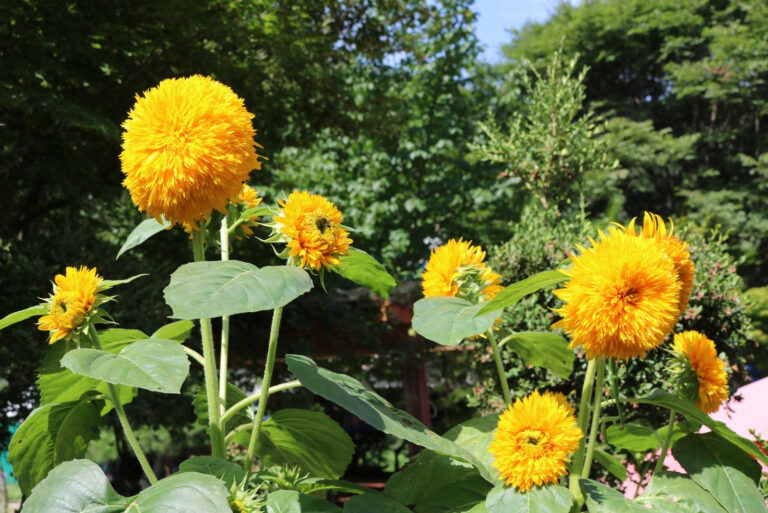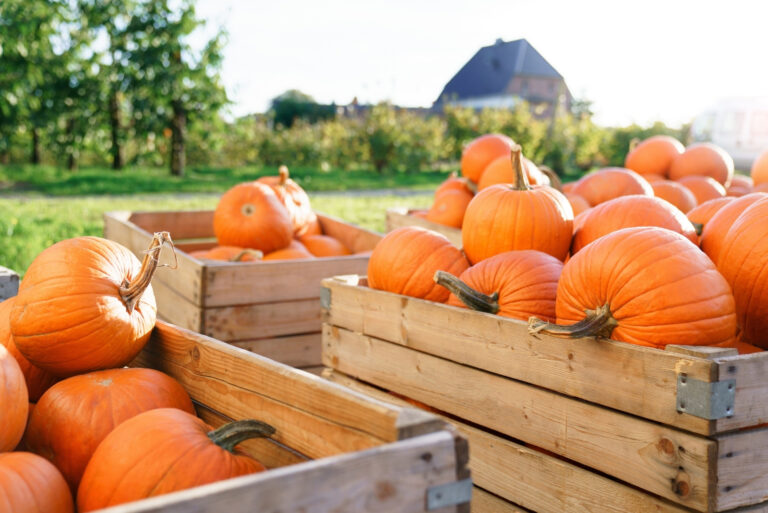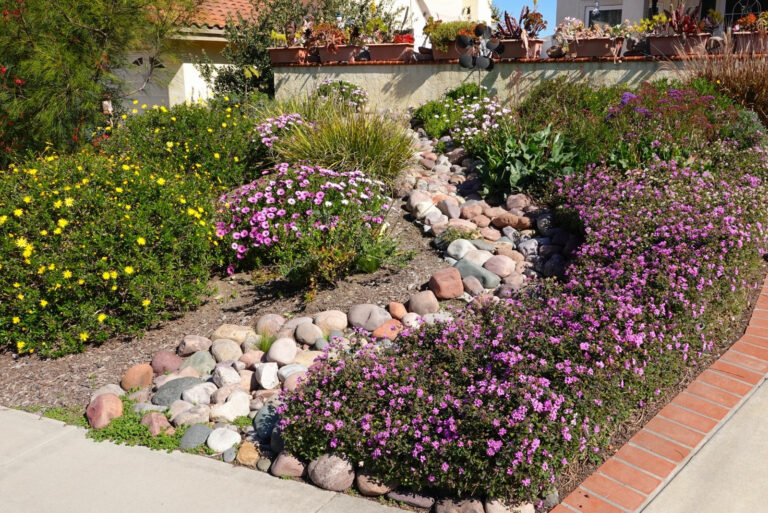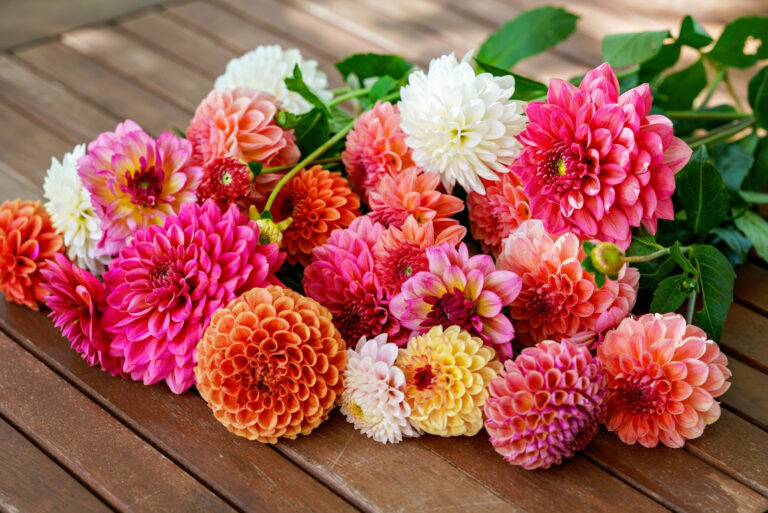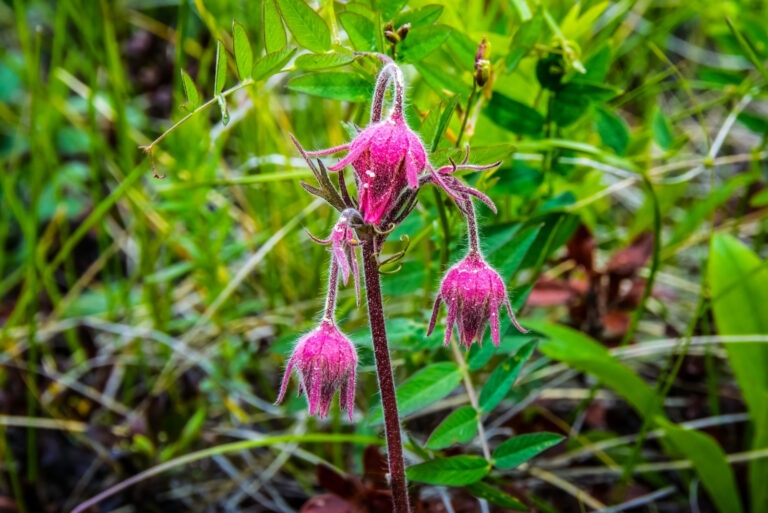Waste Not Want Not Event Takes Center Stage at Illinois’s Elk Grove Community Garden August 23
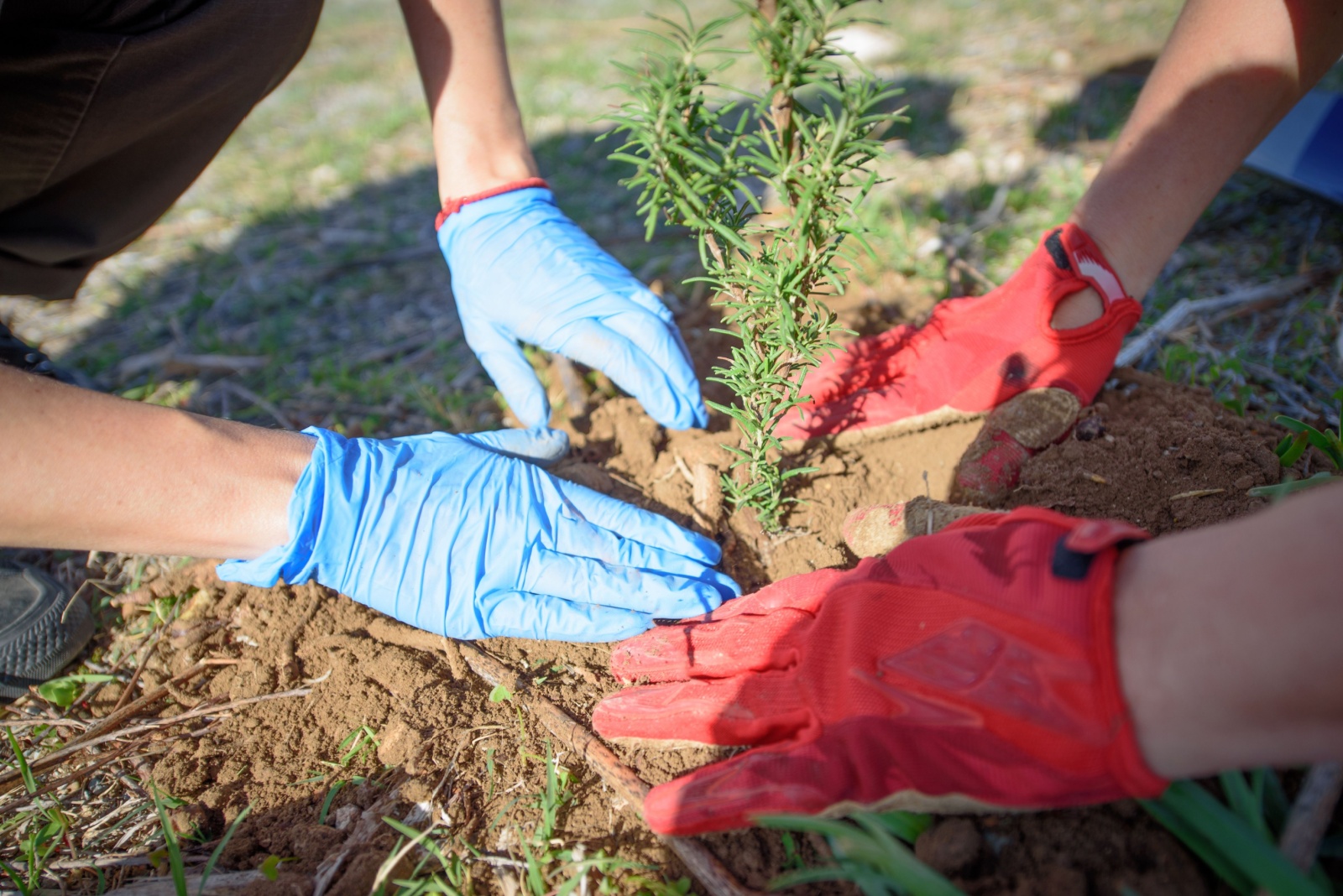
Elk Grove Community Garden came alive last Friday during the annual Waste Not Want Not Event. Families from across Illinois gathered to swap stories, dig into fresh produce, and celebrate sustainable gardening.
The energy was warm, welcoming, and full of purpose. From composting tips to clever ways to reuse garden scraps, the event highlighted how small changes can make a big impact. Kids explored veggie patches while adults learned new techniques. It was a hands-on reminder that growing food doesn’t have to mean growing waste.
More than just a garden party, the event showed how community and sustainability go hand in hand. With every shared tomato and recycled container, neighbors proved that healthy food and mindful living can start right at home.
1. Kids’ Seed-To-Plate Workshop Sparks Young Gardeners
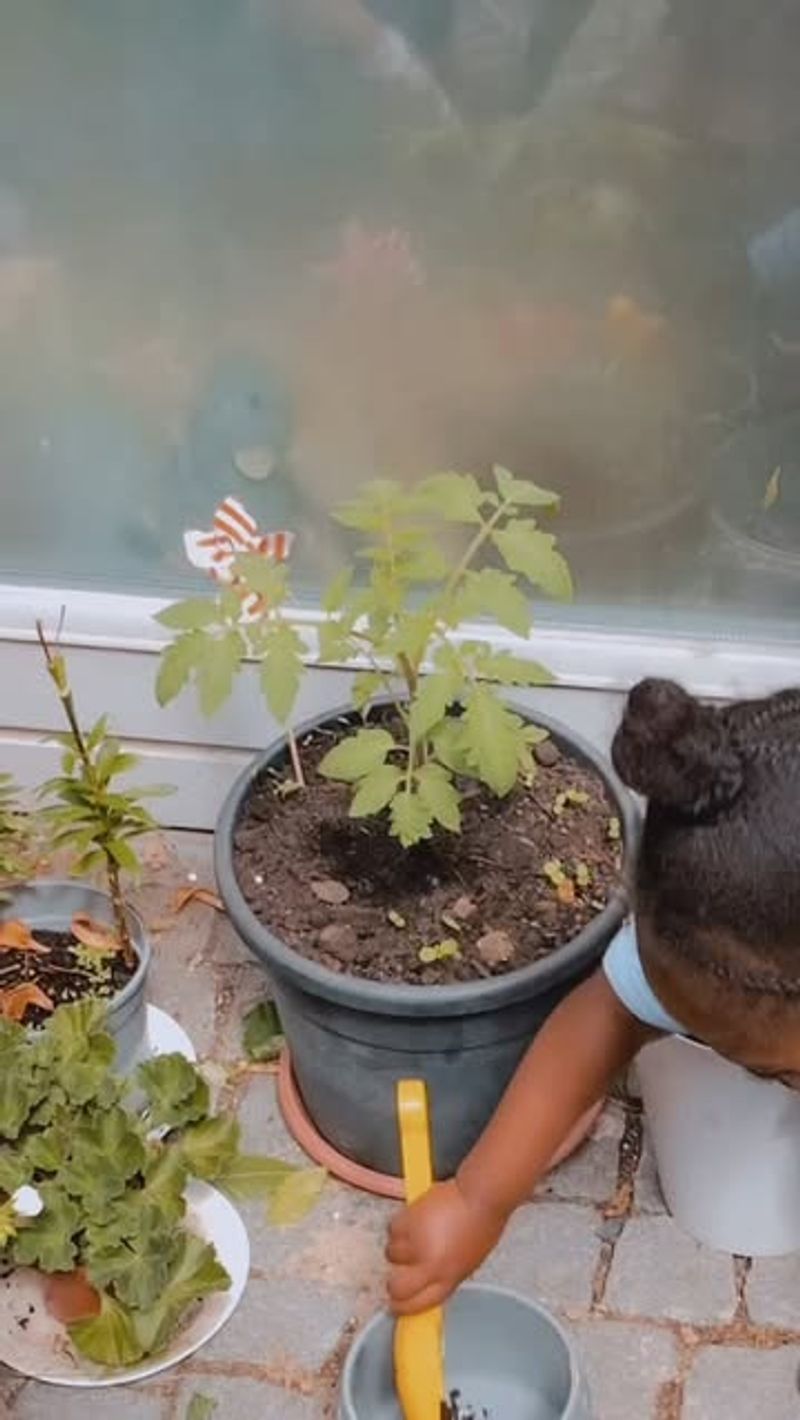
Children gathered around tables covered with soil-filled pots, eager to plant their first seeds. The workshop leader, Ms. Garcia, showed them how tomato plants grow from tiny seeds to juicy fruits.
“My son never eats vegetables at home, but after planting his own lettuce, he can’t wait to try it,” shared local mom Tammy Wilson. The hands-on experience connected kids to their food in new ways.
Each child took home a potted seedling with care instructions. The workshop aimed to inspire the next generation of gardeners in our Illinois community.
2. Master Composters Share Secrets Of Soil Health

Frank Johnson, who’s been composting for over 20 years, demonstrated how kitchen scraps transform into garden gold. His compost bin display showed the different stages from fresh banana peels to rich, dark soil.
“The earthworms do most of the work,” Frank explained while holding up a handful of wriggling helpers. Attendees took notes as he explained the perfect balance of greens and browns needed for successful decomposition.
Many visitors admitted they’d been composting wrong for years. The free soil testing station nearby helped gardeners understand what their gardens truly needed.
3. Local Chefs Turn Garden Surplus Into Culinary Magic
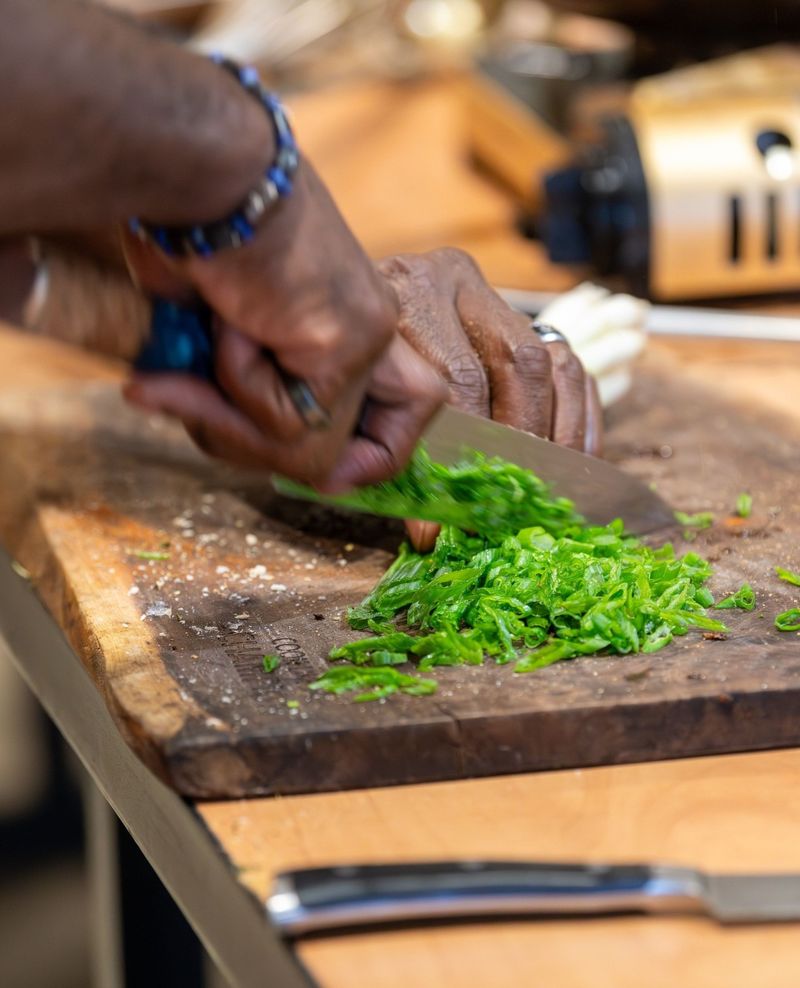
The aroma of roasting vegetables filled the air as Chef Maria Patel created meals using only garden ingredients. Her zucchini fritters disappeared moments after leaving the pan, with guests requesting the simple recipe.
“I never knew what to do with all my kale until today,” remarked longtime gardener Harold Thompson. The cooking demonstrations focused on using entire plants—stems, leaves, and even parts typically thrown away.
Visitors sampled creative dishes throughout the day and left with recipe cards. Chef Maria emphasized that reducing food waste starts with seeing potential in every part of the harvest.
4. Seniors Share Victory Garden Wisdom With New Growers
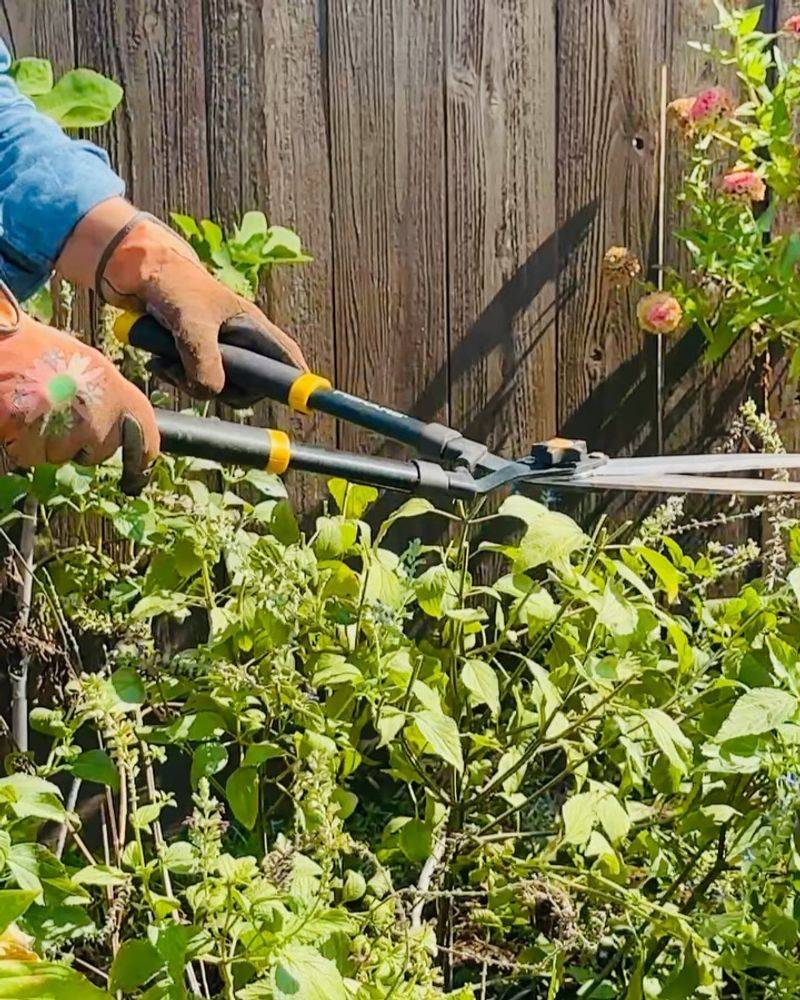
Eleanor Wright, 87, captivated listeners with stories of her family’s victory garden during World War II. “We grew everything we ate and preserved the rest for winter,” she explained while demonstrating how to save tomato seeds.
A circle of new gardeners surrounded Eleanor and other seniors who offered practical advice passed down through generations. These tips predated modern gardening books but proved surprisingly relevant for today’s sustainability challenges.
The knowledge exchange went both ways. Young gardeners shared water-saving techniques while seniors contributed time-tested plant disease remedies that didn’t require chemicals.
5. Neighborhood Seed Swap Creates Garden Diversity
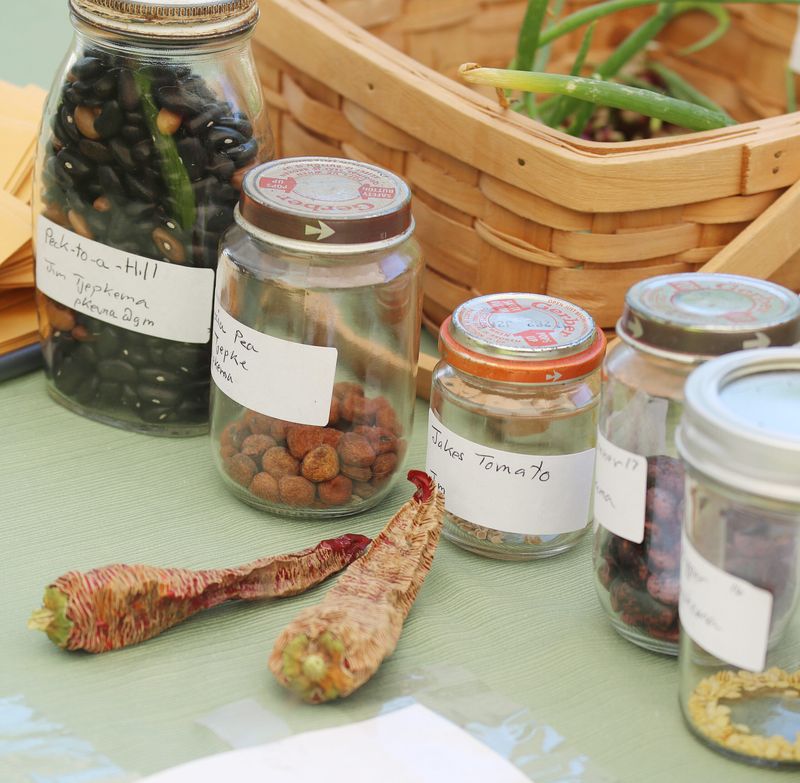
Tables lined with jars of seeds became the event’s most popular spot. Gardeners exchanged heirloom varieties while sharing growing tips and personal connections to each plant.
“These scarlet runner beans came from my grandmother’s garden in Poland,” explained resident Sophia Kowalski. “They’ve been growing in my family for six generations.” First-time gardeners left with diverse seeds and planting instructions specific to Illinois’s climate.
The swap emphasized preserving rare varieties and reducing dependence on store-bought seeds. Community members pledged to return next year with seeds saved from this season’s plants.

